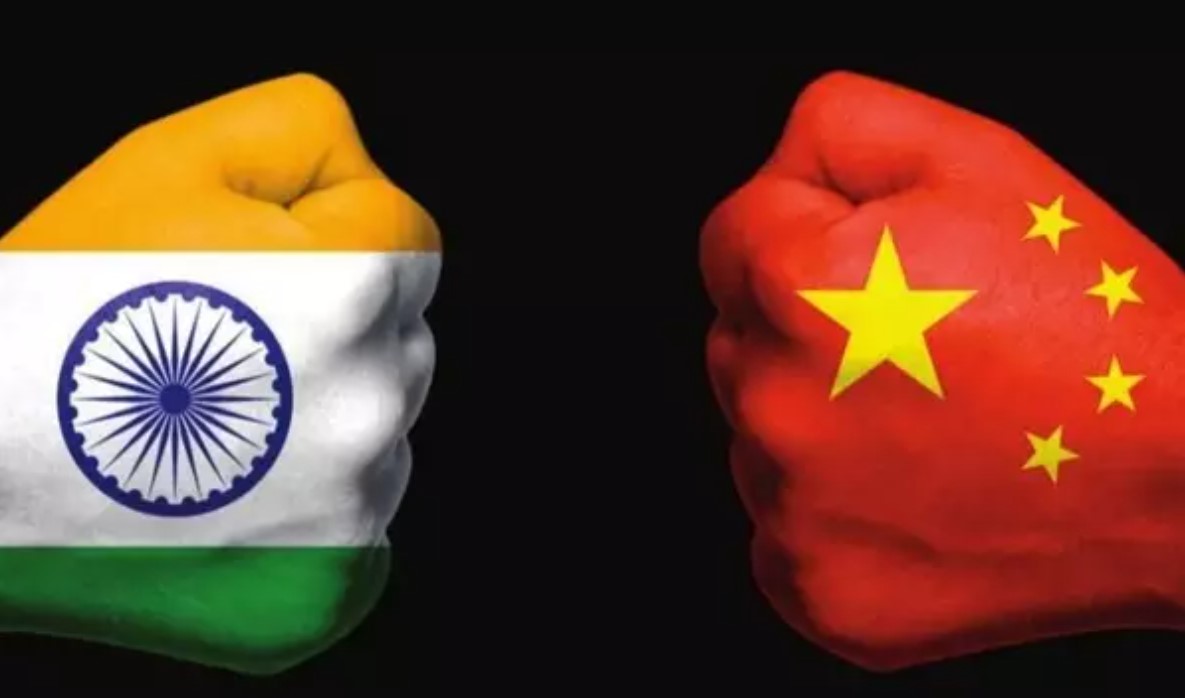Ban is meaningless without further action.
- India’s banning of 59 Chinese apps including TikTok and WeChat is a ban that will have very little effect without further government action making this a warning shot across China’s bow.
- India has cited “compilation of these data, its mining and profiling by elements hostile to national security and defence of India [ . . . ] is a matter of very deep and immediate concern which requires emergency measures” as the reason for its action but it is very clear that this is in retaliation for the death of 20 soldiers in the border skirmish it had with China a couple of weeks ago.
- Apple has already said that it is likely to comply with the regulation and remove the apps from the store but given its relatively tiny presence in India, it is Google’s action that really matters.
- Google has yet to state its position on the matter but frankly, I think that whatever Google does will be largely irrelevant because for Chinese apps to be properly banned in India, further measures are required.
- This is for two reasons:
- First, Android is open: unlike iOS, the Android platform allows other app stores to function as well as sideloading.
- This means that Indian users can still use alternative app stores to Google Play as well as side-load Chinese apps to their devices should they so desire.
- This process is not as difficult as it used to be, and users who are familiar with using Google Play are unlikely to have difficulty finding and using other app stores.
- Second, installed base: Chinese apps are already widespread in China and TikTok has already accumulated a user base of 200m.
- This ban will do nothing to address the existing user base although existing users will now be unable to update their apps through Google Play.
- Once again, this issue is resolvable by using an alternative app store.
- Hence, I think that the ban in this form will have very little effect on Chinese apps in India although it will limit the uptake of new apps as it will be much more difficult to discover new services going forward.
- This is why I think that this represents a warning shot across China’s bow and it is one to be taken seriously given how important the Indian market has become to a number of Chinese technology companies.
- Xiaomi (also banned) and ByteDance are two that stand out in particular for the Indian market but the apps of Tencent and Baidu have also been hit with Alibaba seeming to have escaped for the moment.
- If India wanted to really ban Chinese apps from India it would order the telecom operators to block the traffic to and from these apps which would render them completely useless without a VPN.
- This is exactly what China and a number of other countries do within their borders and these blocks are, by and large, effective.
- However, I doubt whether this is really India’s aim and instead I think it is using the exposure of China’s technology sector to India as a bargaining chip.
- The net result is likely to be some give and take on both sides, a tacit agreement on the where the borders lie in the Himalayas and a rescinding of the ban.
- I do not see this blowing up into another trade war like the ongoing trade war between the USA and China, although if it did, India would become a useful ally in exerting greater pressure on China.
- The main show is likely to remain the struggle between the USA and China which looks like it has plenty of distance yet to run.










Blog Comments
syed
June 30, 2020 at 6:19 pm
What about Paytm? Its major FinTech player ~37% owned by Alibaba (+ANT).
RICHARD WINDSOR
July 3, 2020 at 10:03 am
at 37% its not Chinese… Yet!